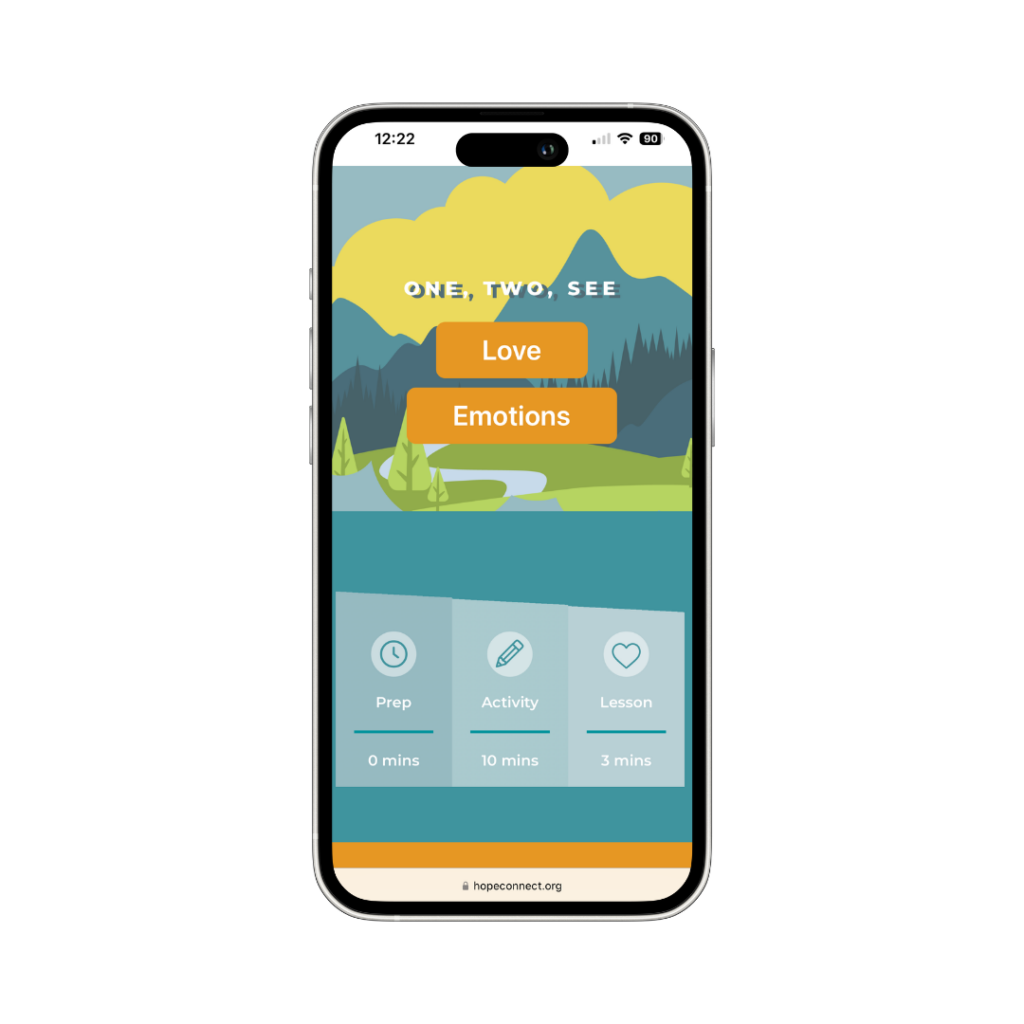You’re walking past the candy aisle in the grocery store, and you tell your child “no” when they ask for a treat.
It’s almost dinnertime, and you tell your kids they need to turn off their video game and come to the table to eat.
As a parent, you’re probably all-too-familiar with these situations — and how they often end.
With meltdowns.
Supporting our children when they experience big emotions is a common part of being a parent. That doesn’t mean it’s easy, though.
Fortunately, managing meltdowns is possible when you have some proactive strategies in place.
Read on to learn about the best way to stop your child’s meltdowns before they even happen.
The Truth About Meltdowns
If your child has a meltdown in public, it’s easy to feel embarrassed — and when these outbursts happen at home, you might even feel like you’re failing as a parent.
But that’s a lie from the enemy.
Meltdowns are most likely to occur when our children feel stressed, overwhelmed or like they have lost control. Managing emotions is a skill, and it’s simply one your child hasn’t mastered yet. There is no shame in that — not for you as a parent or caregiver, or for your child.
It’s also important to remember you are not a “bad” parent because your child is having meltdowns. God knew exactly what He was doing when He made you your child’s parent, and whether your child has meltdowns has nothing to do with how “good” of a parent you are.
Instead of thinking about meltdowns as a reflection of your parenting skills, view them for what they truly represent — an opportunity to teach your child the lifelong skill of regulating their own emotions.
Proactive Parenting to Manage Meltdowns
Now that you understand why your child has meltdowns, it’s easier to come up with proactive strategies to help avoid these outbursts before they can even happen.
One of the easiest ways to do this is by planning a “fire drill.”
Just like at work or in school, we have fire drills so we know what to do in case there’s an emergency or stressful situation. Think about the “fires” in your children’s lives. Maybe they struggle with:
- Completing their homework after school.
- Transitioning from playtime to chores.
- Getting ready for bedtime each night.
If we want to reduce meltdowns, we need to pre-teach our kids what to do before their stress levels rise.
The best time for pre-teaching is when your child is calm. A lot of times, we try to teach helpful concepts when our kids are melting down or just before they melt down. However, this type of proactive teaching can only happen when your child is calm, rested, fed, and their brains are firing on all cylinders.
Once you’ve identified the best time to teach your child, it’s time to implement your first “fire drill.”
How to Implement a “Fire Drill” at Home
When you’re ready to run your first “fire drill,” you’ll need to do some role playing with your child. Let’s say homework is your fire. Approach your child when he’s relaxing in his bedroom or the living room and present the “fire drill” scenario to him.
You can start off by saying, “Buddy, I noticed yesterday you had a hard time doing your homework. I know you’re trying your best, and sometimes we need a little extra help. Let’s practice what we’ll do next time you feel overwhelmed by your homework.”
Then, go with your child over to where he usually does his homework. Tell him to imagine how he feels when he’s getting frustrated with his homework.
Once your child has named the emotion(s), respond and say, “I know you like playing catch. Let’s go outside and throw a ball around for two minutes so you can de-stress before going back to your homework.”
When the two minutes have passed, tell your child to go back inside and pretend to continue doing homework.
This playful “fire drill” is a proactive strategy that teaches your child what to do when starting to have a meltdown. When you do this, you give your child his own tools he can use when feeling triggered by that stressful situation in the future.
Key Takeaway
As a parent, it is important to teach your children about the benefits of planning ahead. By having proactive strategies in place, you can help your child manage their emotions and avoid meltdowns.
“The plans of the diligent lead to profit as surely as haste leads to poverty.”
Application
Looking for a new way to connect with your child? Playing emo-ME can help!
This game gives your kid the space to talk about their emotions in an easy, fun way.
Find it now in Everyday Moments™ on HopeConnect™!





